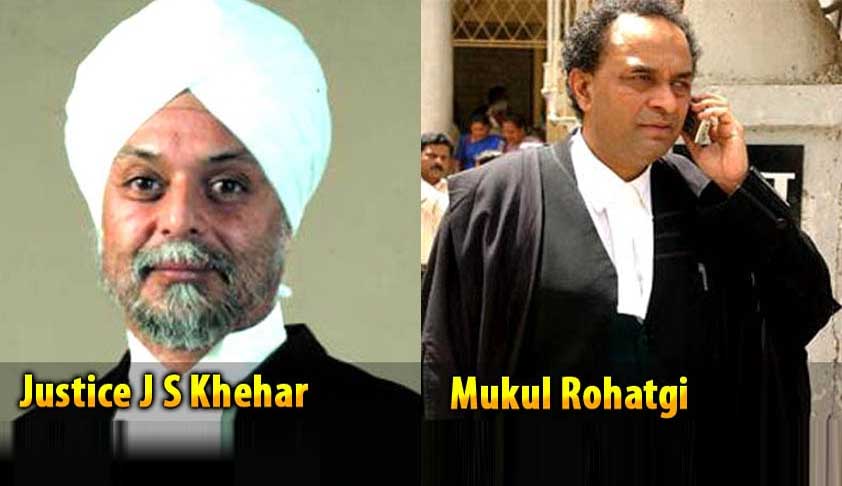Triple Talaq: Const Bench Rejects Centre's Plea To Decide On Polygamy And Nikah-Halala
LIVELAW NEWS NETWORK
15 May 2017 11:50 AM IST

Next Story
15 May 2017 11:50 AM IST
The Constitution bench hearing challenges to triple talaq, today rejected Centre's plea to also decide validity of polygamy and nikah-halala but assured the issues will be kept open and "decided by an appropriate bench at an appropriate time".On the third day of hearing commencing arguments for the Centre, AG Mukul Rohatgi said all three issues triple talaq, nikah halala and polygamy...
